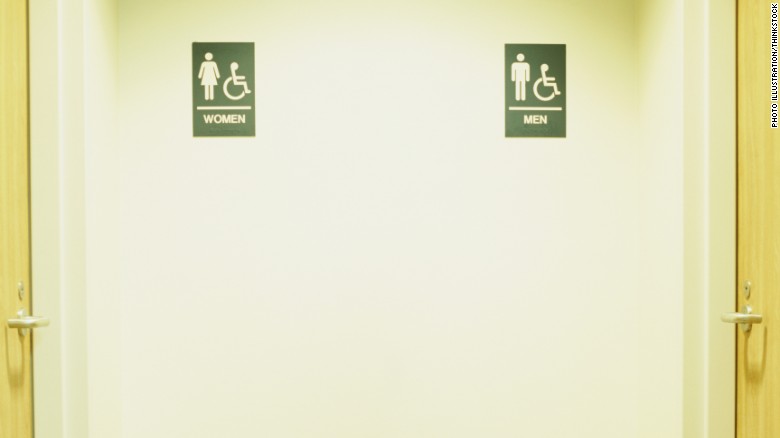Do you get up to pee twice as often as your co-workers? Or maybe you’re the type of person who can go hours without a bathroom break, no matter how much water you down.
Pee patterns seem to run the gamut from high frequency to hardly ever—which made us wonder, What’s a normal number of times to go in a day?

How often should we be peeing?
“Most people urinate four to seven times during a day,” says Dr. Grafstein, but there’s really no magic number. Your pee frequency is influenced by factors beyond how hydrated you are, he explains, including the types of fluids you’re drinking: “Caffeine and alcohol are bladder irritants, so they cause you to urinate more frequently.” The sensitivity of your bladder also plays a role. Some people heed the call of nature at the slightest urge; while others don’t feel the need to empty their bladder until its fuller.
Is it possible to train your bladder?
Yes, says Dr. Grafstein, as long as you don’t have any underlying incontinence issues. You can retrain your bladder by delaying peeing until the urge becomes strong. “A little sensitivity does not have to be responded to all the time,” he says. Certain professionals who aren’t able to get to the bathroom often (think surgeons and teachers) end up doing this naturally.
But isn’t holding it bad for you?
Only once the urge becomes painful. If you’ve really gotta go, go, says Dr. Grafstein. When you hold in urine for too long, your bladder may become distended, increasing your risk for bladder infections.
What if middle-of-the-night bathroom trips are wrecking your sleep?
If an urgent need to pee in the, er, wee hours becomes a regular thing, try keeping a fluid diary, Dr. Grafstein suggests. Document how much, what, and when you drink. Consuming most of your daily fluids at night? Shift your habits so you consume more earlier in the day. And cut back on booze near bedtime. Also consider that it may not be the urge to pee that’s waking you, says Dr. Grafstein. You could be experiencing restless sleep for another reason, like anxiety or sleep apnea.
Contents













